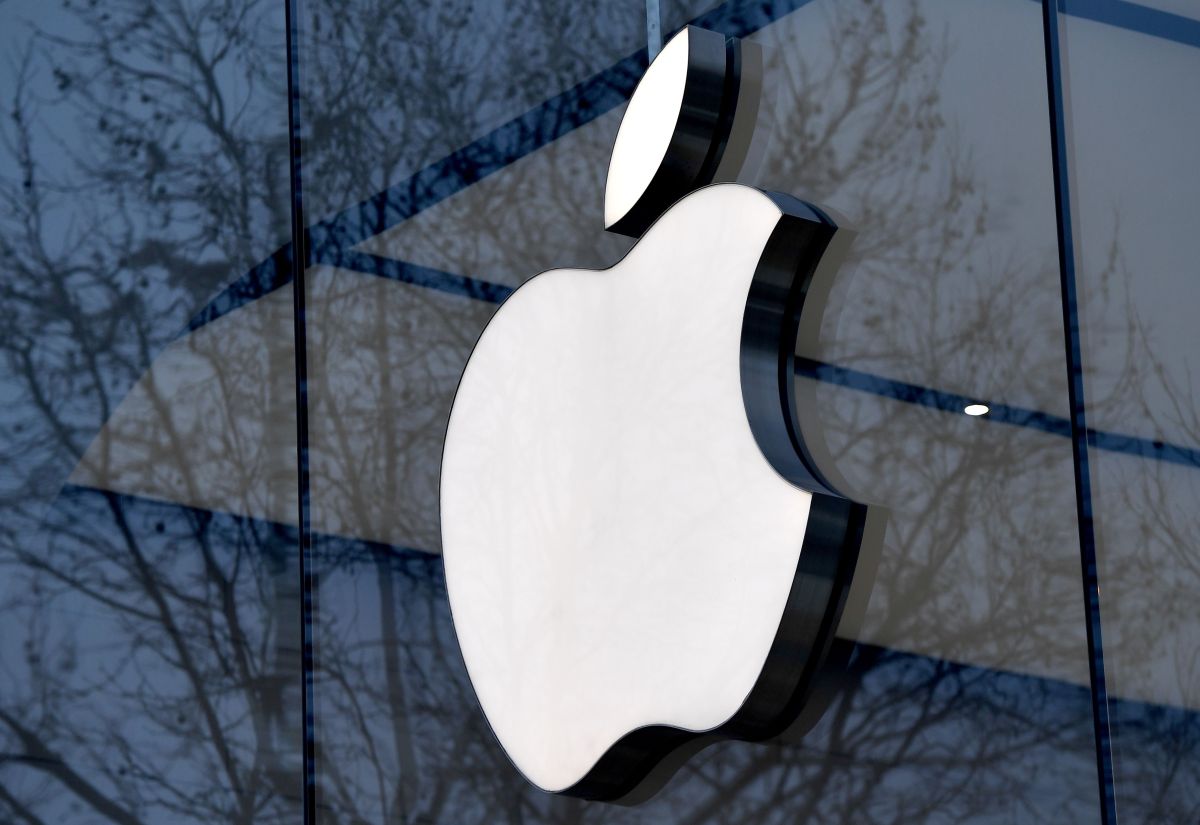Iran Sees First Student-Led Demos For Months
The protesters chanted increasingly virulent slogans against Iran’s religious leaders and the political logjam in general.
On Sunday, supreme leader Ayatollah Ali Khamenei called on university students to "maintain their calm" in order to foil what he said was a "devilish" U.S. plot to destabilize the Islamic republic.
"The United States is trying in various ways … to tell the Iranian public that our decision-making bodies are confused," Khamenei said, warning students that any "riots in the universities" will be considered as U.S.-sponsored acts.
U.S. National Security adviser Condoleezza Rice said Saturday, May 31, that Washington would like to see a regime change in Iran, amid reports that the Pentagon is pressing on with plans to push for a public uprising to topple the current Tehran government.
Arrests
As thousands of passing cars honked their horns, the demonstrators smashed windows, damaged public telephones and left burned-out motorcycles in their wake in a middle-class residential area of the sprawling city.
Riot police and members of the Basij volunteer militia cut short the protest after a few hours and sealed the area off to traffic to prevent it from spreading. The mobile telephone network in the neighborhood was also reportedly jammed.
Intelligence Minister Ali Yunesi said some 80 people were arrested, according the student news agency ISNA.
"These people, incited by extremists outside the country, were shouting illegal slogans," Yunesi said, also telling the national television that state institutions "will use force to prevent all illegal actions."
He asserted that the protests were "organized by foreign media and satellite television channels" — a reference to Persian-language pro-monarchist media based in the United States.
But the outbreak of demonstrations does by no means demonstrate that they came in response to a U.S. stance against religious leaders, Mohamed Sayyed Idris, an Egyptian expert of Iranian affairs, told IslamOnline.net.
“The protests might be triggered by internal reformists, who have actually little power in the political establishment, as they attempt to cash in on the U.S. pressures for political jockeying,” Idris noted.
Idris said that Washington’s pressures on Iran would only draw a backlash, and that any attempt to make a regime change throw public outrage at the government is nothing but an “absurd and unrealistic idea”.
Carnival-Like
Journalist and sociologist Hamid Reza Jalaipour described the protest as "carnival-like," saying "people take to the streets for no particular reason, and once there they start shouting slogans that become more and more political."
"Fortunately, the regime has shown in recent years that it has learned how to handle such events. They don’t repress them with massive force, but control them and then disperse them with minimum violence," he said.
The overnight protest came in the run-up to the anniversary of three days of clashes in July 1999, during which at least one student was killed and hundreds more arrested.
Those battles were sparked by a police raid on smaller protest over the conservative judiciary’s closure of a newspaper supportive of embattled reformist President Mohammad Khatami.
Ali Taala, a director of political and security affairs for Tehran, called on students to avoid a repeat of those clashes.
In a reference to mounting U.S. pressure on Iran, he told ISNA that the protesters should "understand the situation the country finds itself in and ensure that their activities are not extreme."
However, government spokesman Abdollah Ramazanzadeh said university officials may allow on-campus commemorations.
The last major student-led protests in Iran were seen in November and early December 2002, when thousands of young people staged a series of on-campus rallies to protest the sentencing to death for blasphemy of prominent reformist activist Hashem Aghajari.
Aghajari remains in jail and his sentence is still under review.
The stand-off between Khatami and the reformist-held parliament on the one side and powerful conservatives in the judiciary and legislative oversight bodies on the other has also deepened in recent months.
That has also been coupled by mounting pressure from the United States, which accuses the Iranian regime of harboring terrorists, developing nuclear weapons and interfering in Iraq.



